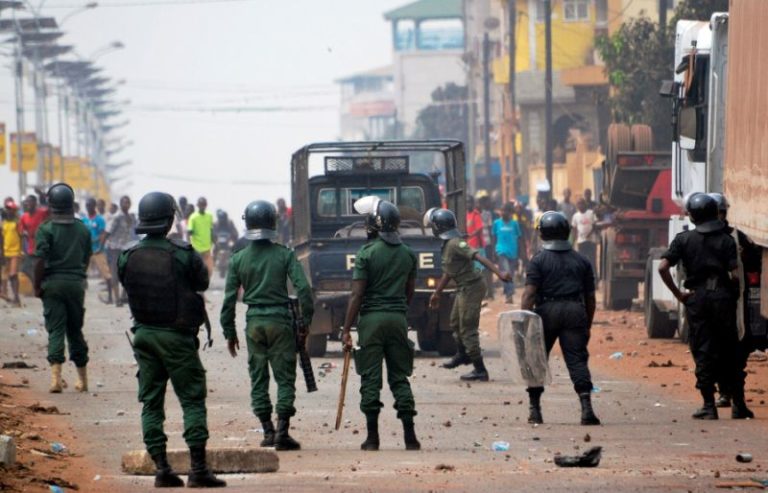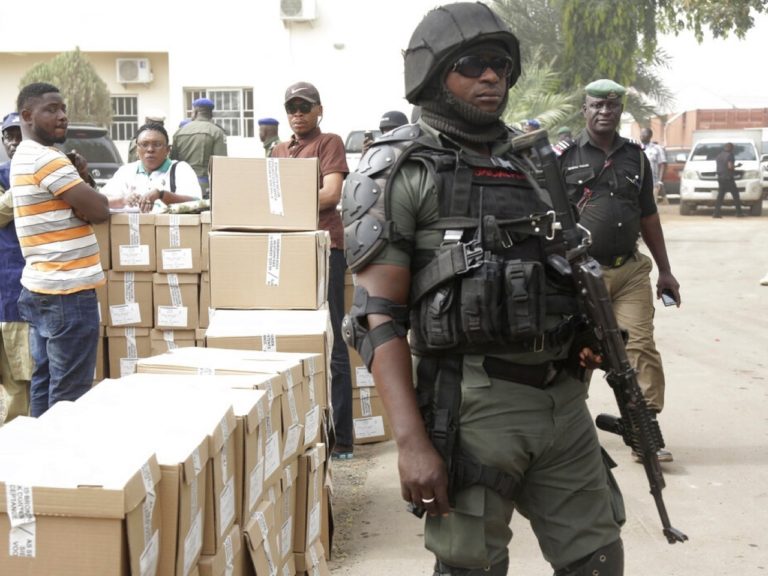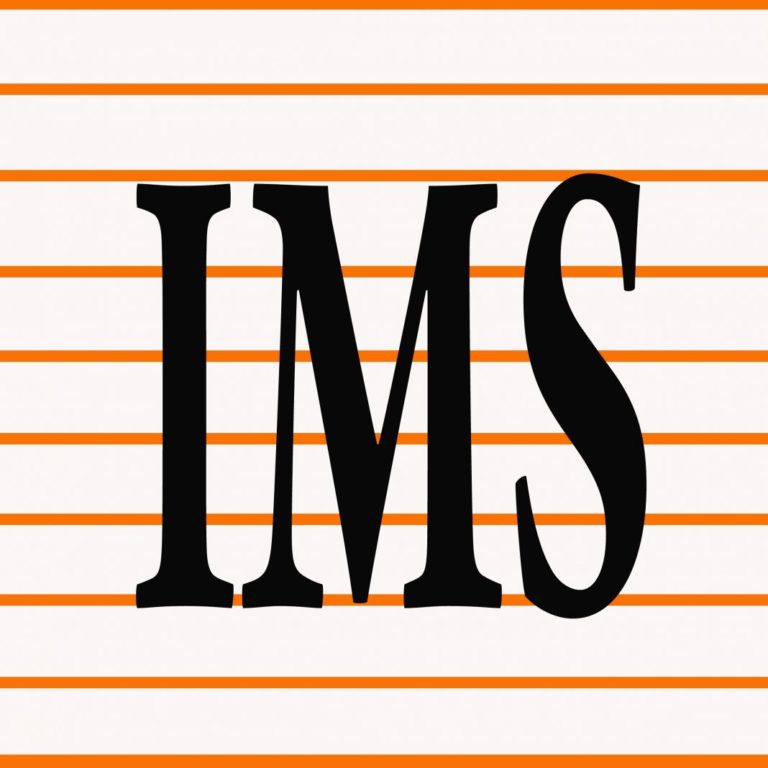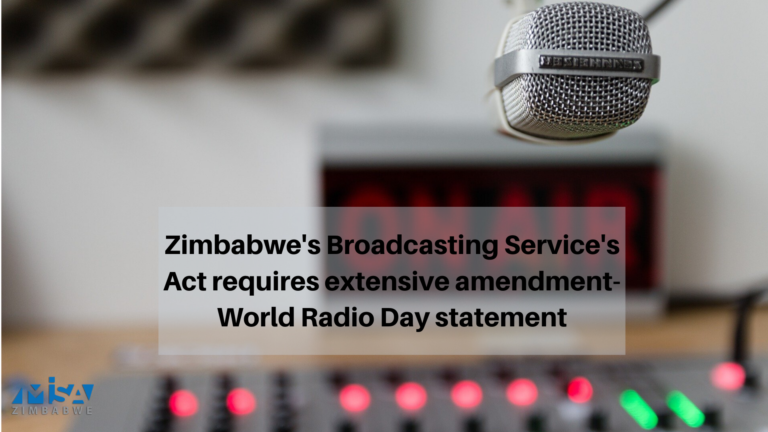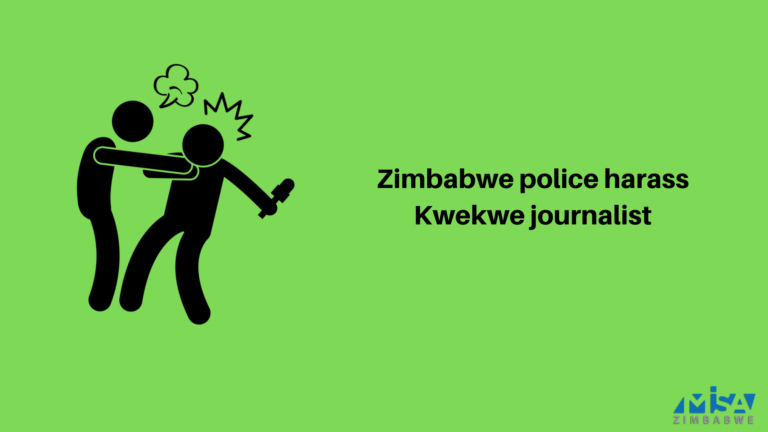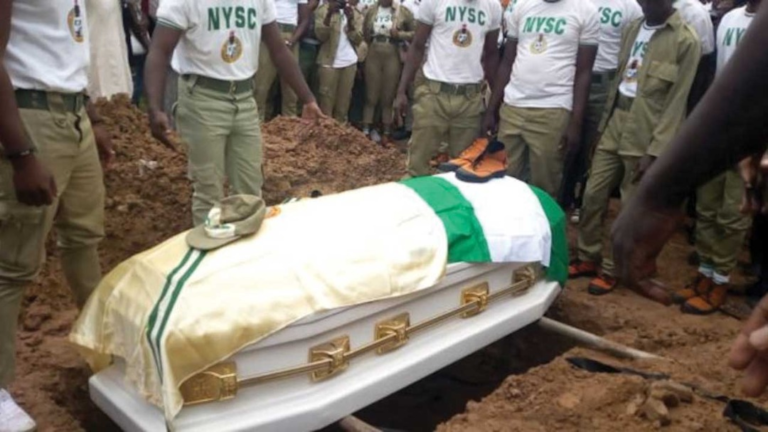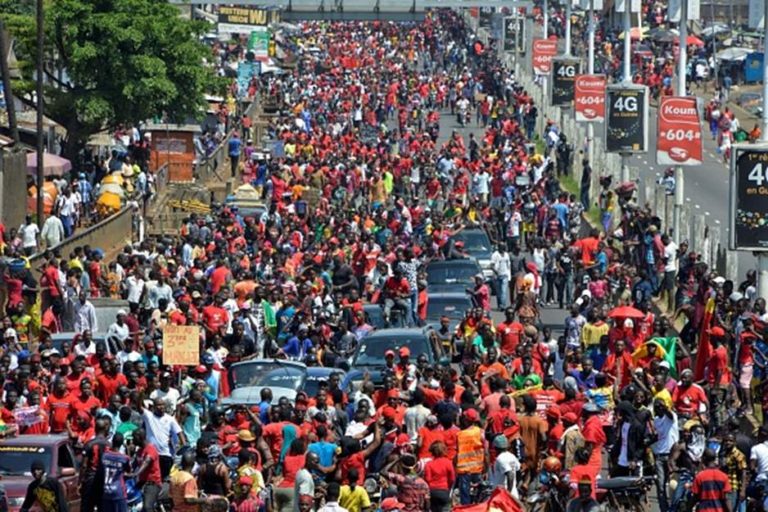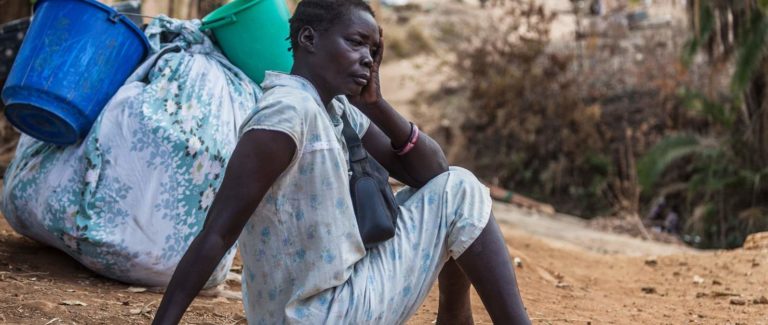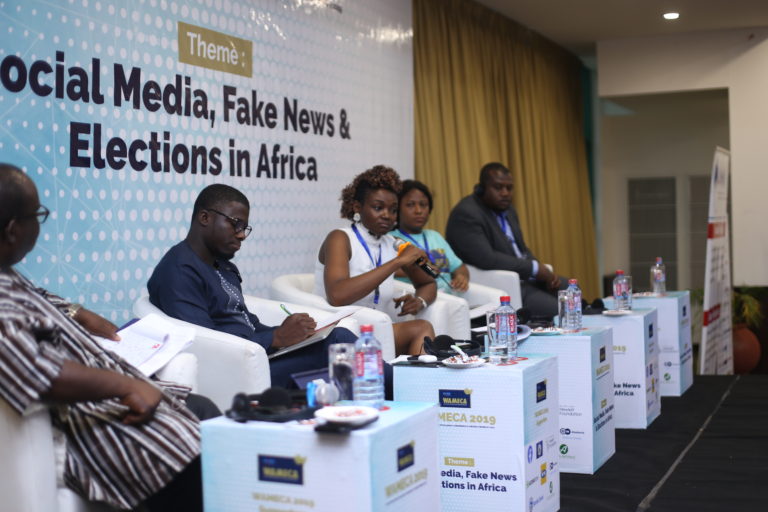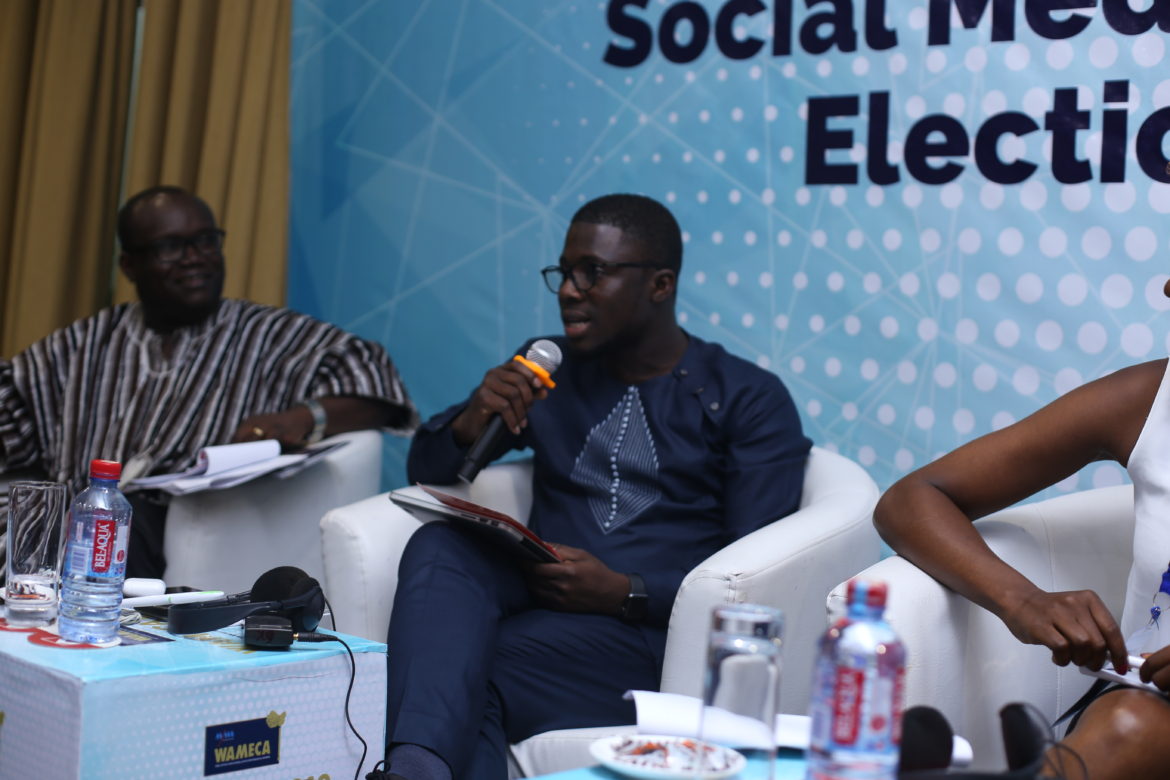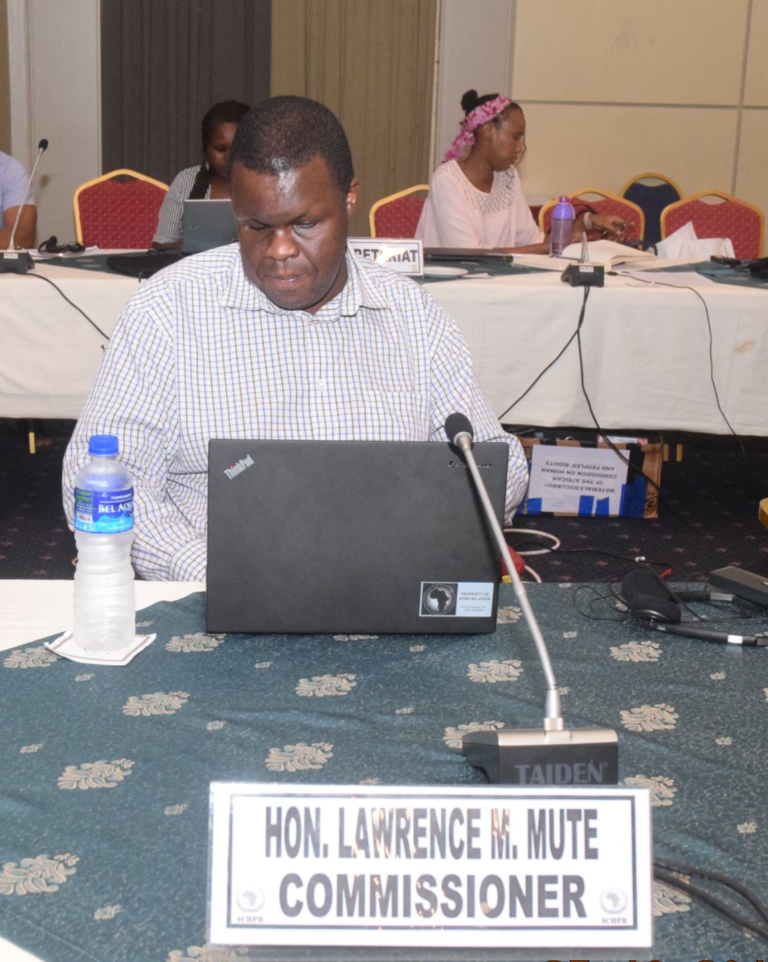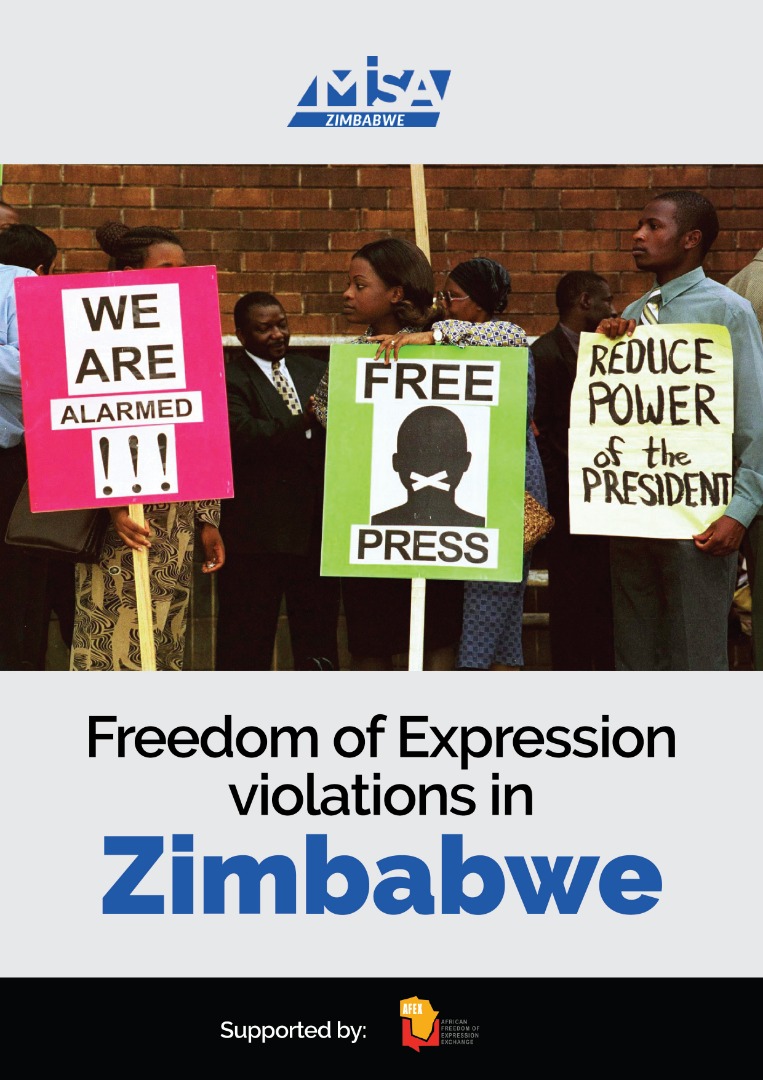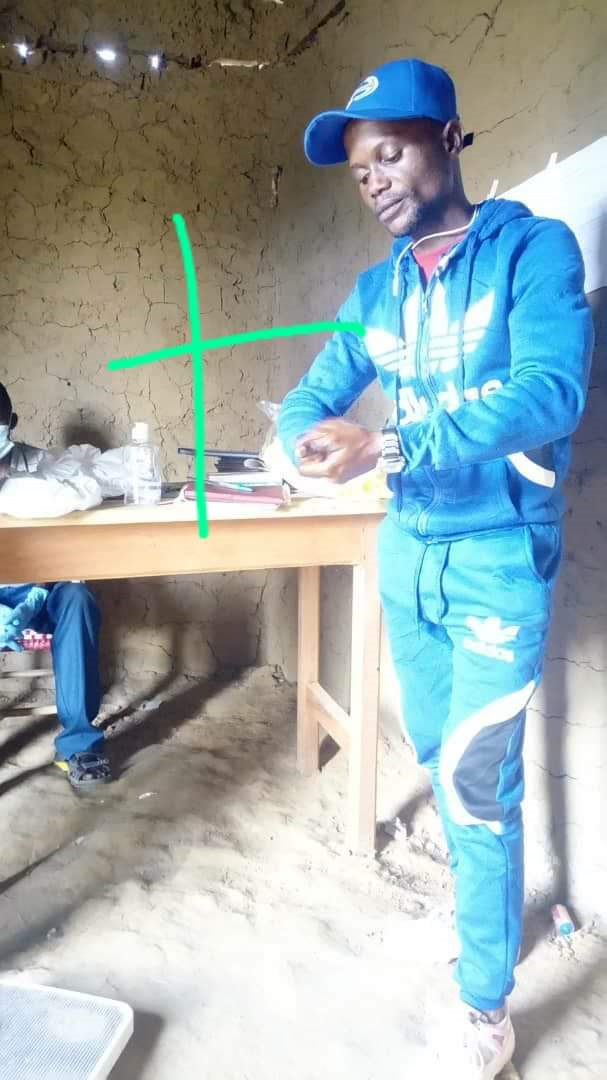Four fatalities have already been recorded in an alarming start to 2020, as Guinea and Nigeria began the year on the same repressive note as they ended 2019, while Gambia recorded violations that revive chilling memories of the Yahya Jammeh era crackdown on dissent.
Guinea
Two people were killed on January 13, one in Guinea’ capital, Conakry, and the other in the northern town of Labé, as the security forces and anti-government protesters continued their bloody confrontations.
Mamadou Sow, a 21-year-old high school student, was shot dead by security forces in Coza, in the Ratoma district of Conakry during the nation-wide demonstrations. The second victim, Amadou Diallo, also died from gunshot wounds after the security forces opened fire to disperse demonstrators who were attacking a Court building in Labé.
Before the fatal crackdown, the police, on January 8, arrested Alpha Oumar Diallo, administrator of the online newspaper “Verite224.” Plain-clothed officers lured the journalists to a meeting and ended up forcing him into their car and driving him to their office in Conakry. Diallo was interrogated about an article he wrote about an influential politician, before being detained for two days.
Nigeria
The year also began on a gruesome note in Nigeria where two journalists were killed, one by security forces and the other by unknown abductors. Maxwell Nashan, a journalist with the Federal Radio Corporation of Nigeria (FRCN), Adamawa State was, on January 15, found tied and muzzled in a bush with his body hacked at several places. Nashan had been abducted from his house the previous day.
In the second incident, security forces who were battling Shiite Muslim protesters in Abuja on January 28, shot and killed Alex Ogbu, a journalist with the Regent Africa Times newspaper. Ogbu was passing by when he was hit by a bullet. Two other persons sustained gunshot wounds during the chaotic protests.
In what is turning out to be a disturbing trend at the polls, two journalists who were covering the rerun Senate elections in Akwa Ibom State in Nigeria, were assaulted and prevented from carrying out their work on January 25.
In the first instance, a mob claiming to be supporters of Godswill Akpabio, a Minister and candidate in the elections held on January 25, 2020, assaulted Godwin Sunday, a television cameraman with the Global Pilot and destroyed his camera.
In a separate incident, a journalist, Edidiong Udobia, was attacked by hooligans at another polling station. The thugs held Udobia by his shirt and dragged him to their superior, Emmanuel Inyangettor, who ordered that the journalist’s phone be seized. The journalist had his phone returned to him after it had been scanned and found to contain no adverse content.
On January 30, a group of soldiers stormed the Borno State Secretariat of the National Union of Journalists (NUJ) in Maiduguri and arrested Tunji Omirin, a journalist with the Daily Trust newspaper. The military officers had twice gone to the Daily Trust office earlier that day in search of the journalist before tracing him to the NUJ secretariat. The soldiers handcuffed Omirin and took him away around 4:30 pm. (17:30 GMT)
The journalist was detained and interrogated for about three hours over a story he had written on the Boko Haram insurgency before being released with caution.
The Gambia
The Gambia revived chilling memories of the Yahya Jammeh dictatorship with the most brutal crackdown on dissent since the new government took office. The police on January 26 brutalised and arrested 137 anti-government demonstrators, arrested four journalists, assaulted another before closing down two media houses.
About a dozen police officers stormed the premises of Home Digital FM and ordered the managers to stop broadcasting. Accusing the radio station of inciting the demonstrators to violence, the security forces also arrested the proprietor and owner of the station, Pa Modou Bojang and another staff.
Another group of police officers invaded King FM and ordered all staff to evacuate the premises, before shutting down the station. The security officers also arrested two of the station’s manager’s Gibbi Jallow and Ebrima Jallow.
The authorities also revoked the accreditation of Al Jazeera reporter, Nicolas Hague, after accusing him of being biased towards the demonstrators who were demanding the resignation of President Adama Barrow in line with his campaign promise to limit his mandate to three years, as against the constitutionally guaranteed five years.
Liberia
In Liberia, the police used excessive force to disperse a crowd of over 3,000 people who gathered outside Monrovia’s Capitol Building on January 6, to protest what they term as deteriorating living conditions under President George Weah.
Dozens of people were taken to the hospital, after inhaling tear gas, or being injured in the melee as the protesters ran in different directions to escape the police violence. At least three people were also arrested by the police.
Still in Liberia, a presenter with the privately-owned Okay FM based in the Capital Monrovia reported having been assaulted by the Executive Protective Service (EPS), President George Weah’s elite security forces. The incident occurred during a a football match on January 26, 2020.
The attack on Miller came just two days after another journalist, Christopher Walker of the FrontPageAfrica online newspaper, was assaulted, also by security personnel, while he was also covering a football match on January 24, 2019. The journalist sustained injuries while his camera and laptop were damaged.
Mauritania
In Mauritania, the authorities arrested a blogger, Mohamed Ali Ould Abdel Aziz and journalists Abdou Ould Tajeddine and Cheikh Ould Mami on accusation of defaming the President. Abdel Aziz was arrested on January 22, Tajeddine and Ould Mami on 26 in connection with their production and publication on social media of a video criticising President Mohamed Cheikh El Ghazouani and his government. The three were released on January 27. A government statement did not indicate the conditions of their release or the status of their cases.
In other developments, January 16 marked the first anniversary of the killing of investigative journalist, Ahmed Hussein Suale, and the MFWA, as part of activities to observe the day, wrote a letter to the Inspector General of the Ghana Police Service, John Oppong-Boanu, asking for updates on investigations into the incident.
The MFWA urged the Inspector General of Police to ensure that the investigations into Suale’s murder are carried out swiftly, expeditiously and to its logical conclusion, in line with the State’s obligation under the 1992 constitution to protect press freedom.




